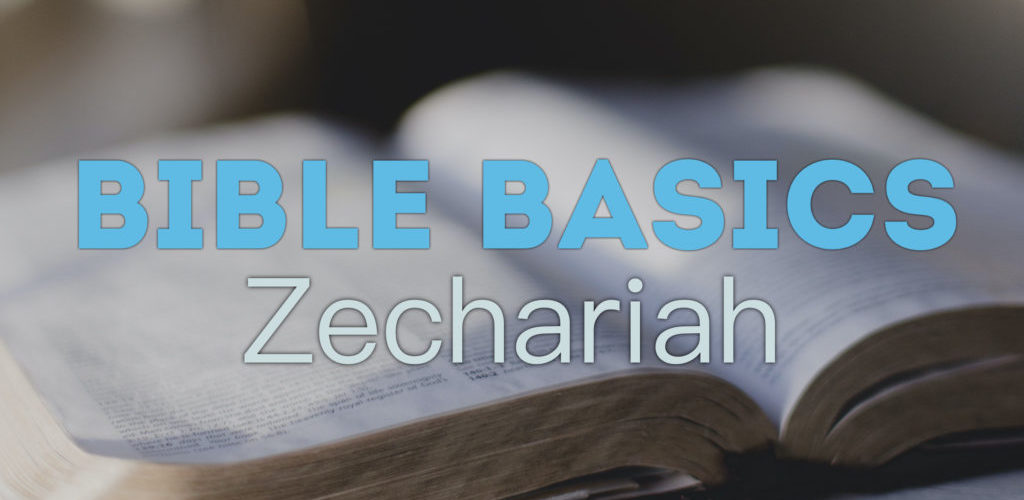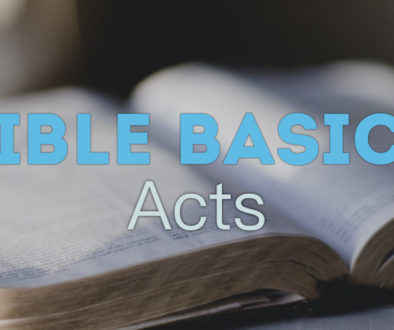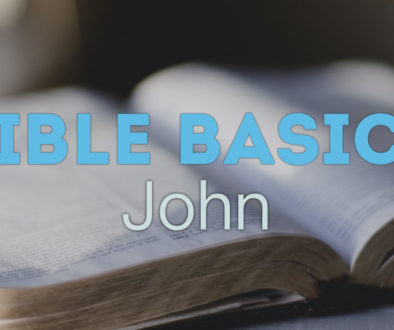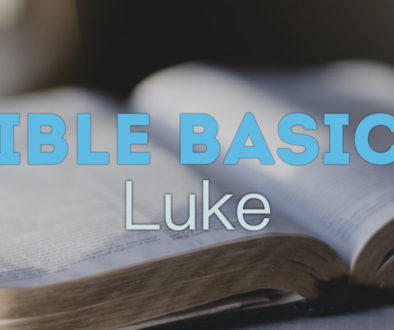Author
Most scholars believe the first eight chapters of the book were written by the prophet Zechariah. However, chapters 9-12 shift focus to the future of Israel. As they do not contain any direct dates or by-lines, some believe another prophet possibly added these chapters at another time. Many scholars, however, argue that ancient textual witnesses, geographical and historical references in these chapters, and continuity of writing themes should be enough to determine a single author of the book as a whole.
Zechariah’s name means “The Lord Remembers.” This name is common in the Old Testament (more than 30 times), and many scholars have linked this prophet Zechariah with others, often leading to much confusion. What we do know is that the book of Zechariah and Ezra both link him to his grandfather, “Iddo,” (though Ezra says only “son of”). Many scholars believe this to be the same Iddo who returned with Zerubbabel and Joshua in Nehemiah 12:4 and 16, making Zechariah a descendant of the priestly line.
Date
Reading the superscriptions given in chapters 1:1,7 and 7:1, we know for sure that the first eight chapters of the book were written between October 520B.C. and December 518B.C. Zechariah was a contemporary and likely direct companion of the prophet Haggai. (See my commentary on Haggai for more on the situation surrounding these writings.) However, we do not know, with any certainty, the writing dates for chapters 9-14.
Audience and Purpose
Zechariah was most likely a returnee from Babylonian captivity and was prophesying to other returnees living in Jerusalem. The first eight chapters align with the book of Haggai, calling them to finish the rebuilding of God’s temple. (See my commentary on Haggai for more information on this work.) Many of Zechariah’s prophetic dreams are extremely complicated to understand and are interpreted by the presence of an angel, though others are left without clear interpretation or clarity.
Chapters 9-14 shift focus to prophesying against the nation of Syria, its cities, Damascus, Tyre, and Sidon, and against Philistia. The promise of destruction and cleansing is also scattered with promises of a new King-Priest coming to Jerusalem, riding on a donkey, and reigning over the nations in power and in peace. In this section of the book, the author’s focus on the temple is greatly minimized, as the rise of this coming King-Priest becomes the primary focus of Jewish life and in God’s Kingdom work.
Major Themes
- God’s Promise of Restoration
- God’s Faithfulness
- God’s Glory and the Salvation of Nations. This is seen especially in Zechariah 14.
- Messianic Prophecy. Zechariah has a lot to say about the coming Messiah, including being the first Old Testament prophet to link the promise of a Davidic-line King with a High Priest (see Zechariah 6:11-15). Zechariah 9-14 is the most quoted section of any Old Testament prophet by the New Testament.
Key Scriptures
- Zechariah 9:9 — “Rejoice greatly, O daughter of Zion! Shout aloud, O daughter of Jerusalem! Behold, your king is coming to you; righteous and having salvation is he, humble and mounted on a donkey, on a colt, the foal of a donkey.”
- Zechariah 13:1 — “On that day there shall be a fountain opened for the house of David and the inhabitants of Jerusalem, to cleanse them from sin and uncleanness.”
Outline
- Zechariah 1:1-6 — Prophecy Calling God’s People to Repentance
- Zechariah 1:7-6:15 — Eight Night Visions and A Sign
- Zechariah 7:1-8:23 — Four Prophecies Calling God’s People to Justice
- Zechariah 9:1-14:21 — Two Prophecies Concerning Salvation and a King
Gospel Summary
Though the first eight chapters of Zechariah deal with the immediate needs of rebuilding the temple and right worship of God in Israel, there is a shift in chapters 9-11, which brings the reign of Messiah into focus. Though the nations would attack the people of God, the coming King-Priest whom God raises up will be victorious over them. God will bring restoration to His people.
In chapters 12-13, many other prophetic declarations are made, pointing to Jesus, including:
- The House of David mourning over “the one who is pierced” (12:10-14).
- A fountain being opened to cleans the people of sin and uncleanliness (13:1-6).
- The “shepherd” who is struck down, as his sheep scatter (13:7-9). Jesus Himself quotes this passage regarding His death in Matthew 26:31 and Mark 14:27.
The book ends with an eschatological view of the New Jerusalem and the last days, as the Kingdom of God if fully established on the earth.
The New Testament writers make clear that they viewed Jesus as the fulfillment of Zechariah’s prophecy.
If you’re enjoying the content I produce, a little caffeine to keep me going would be appreciated!
© Anthony Scott Ingram 2021. All Rights Reserved.
Photo by Carolyn V on Unsplash
Unless otherwise indicated, all Scripture quotations are from The Holy Bible, English Standard Version®, copyright © 2001 by Crossway Bibles, a publishing ministry of Good News Publishers. Used by permission. All rights reserved.”
Please note that I do get a small kickback from Amazon for any purchases made using the links on this post. Should you choose to purchase from them, I just want to say thank you for further supporting my work in ministry!



